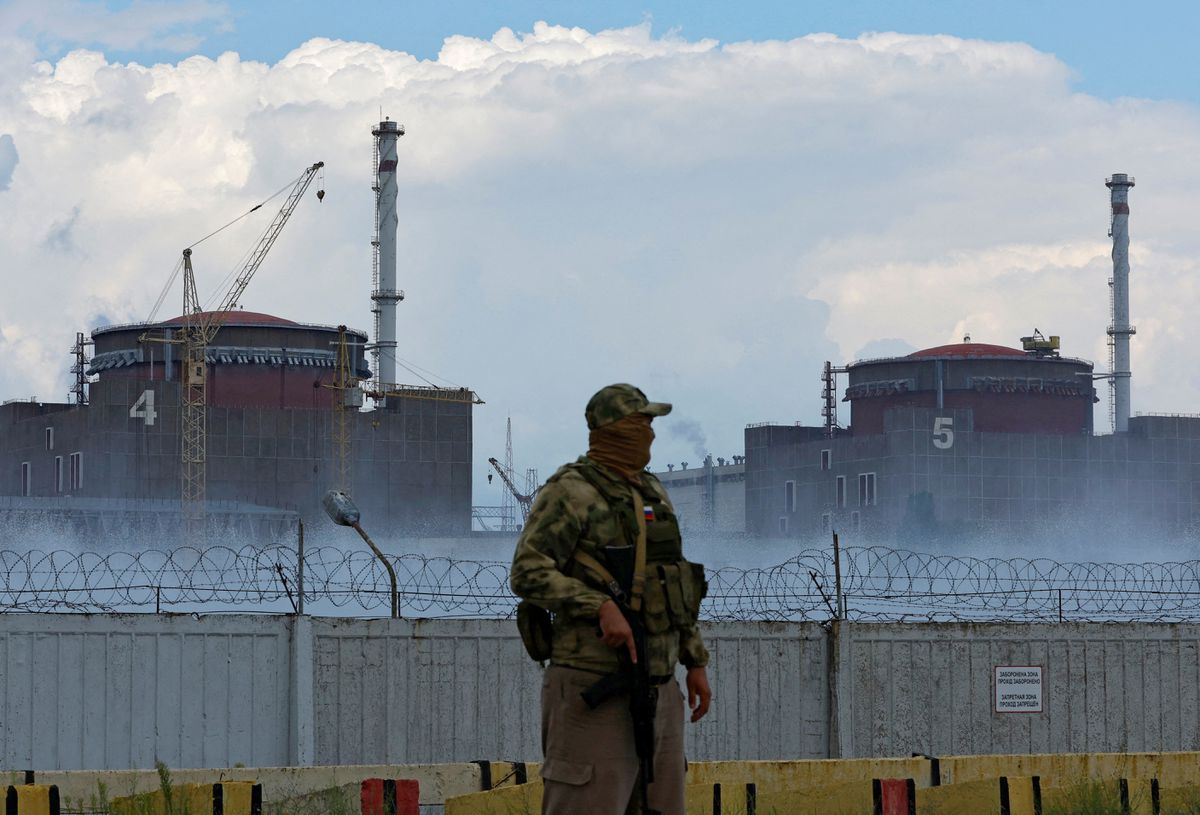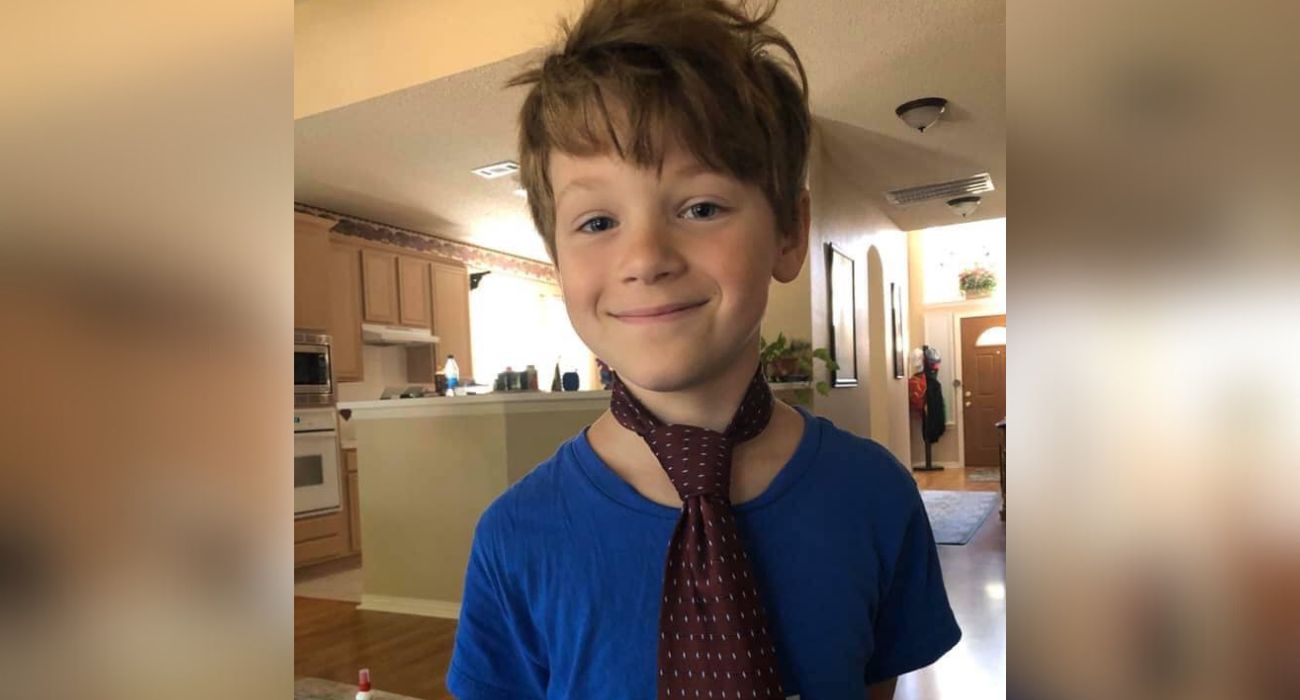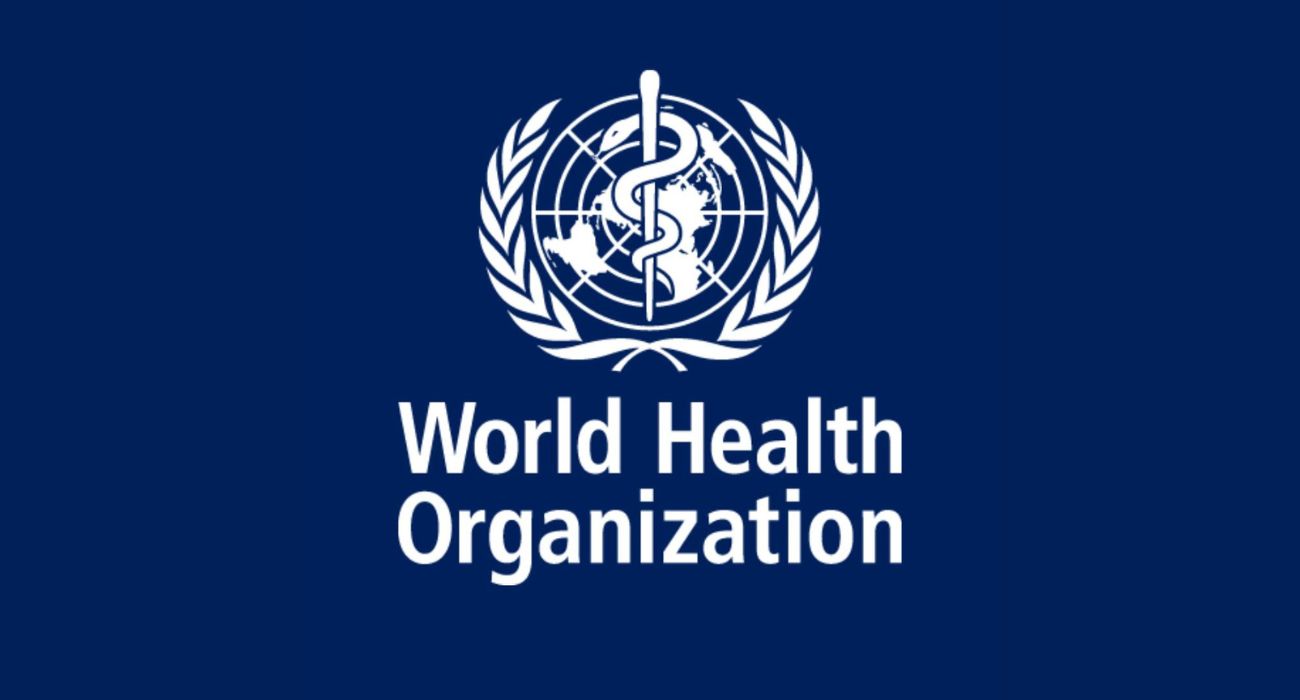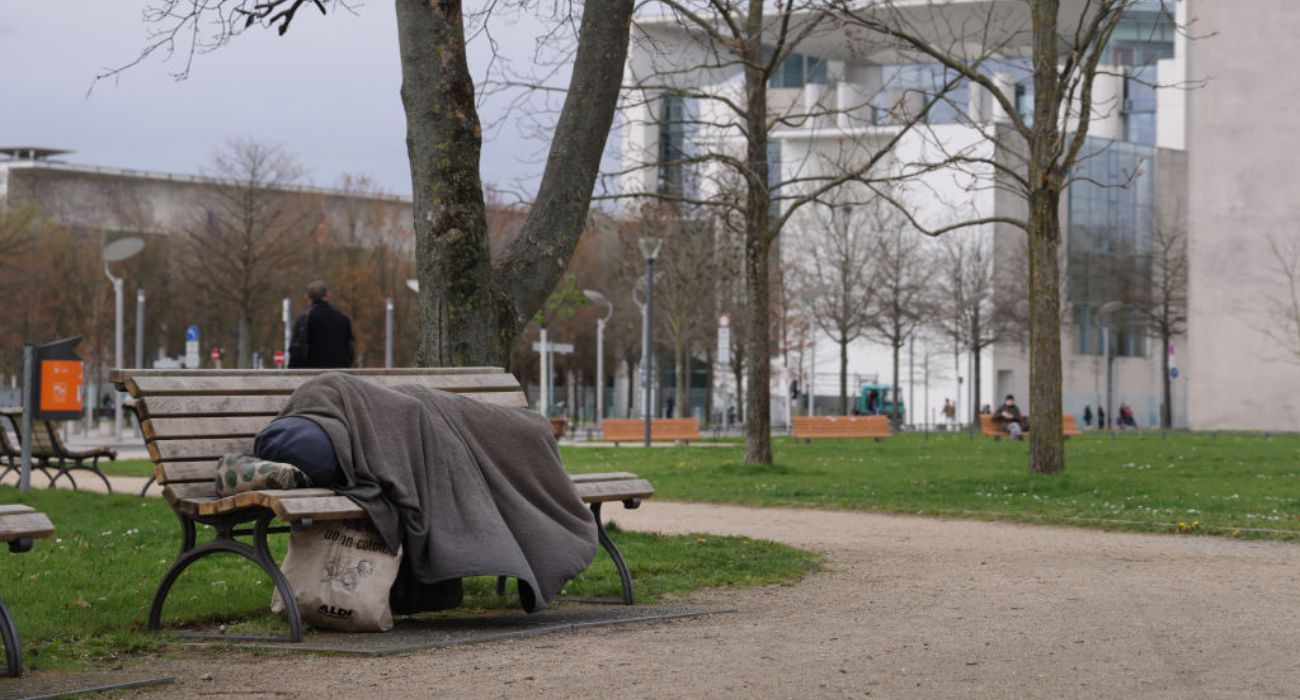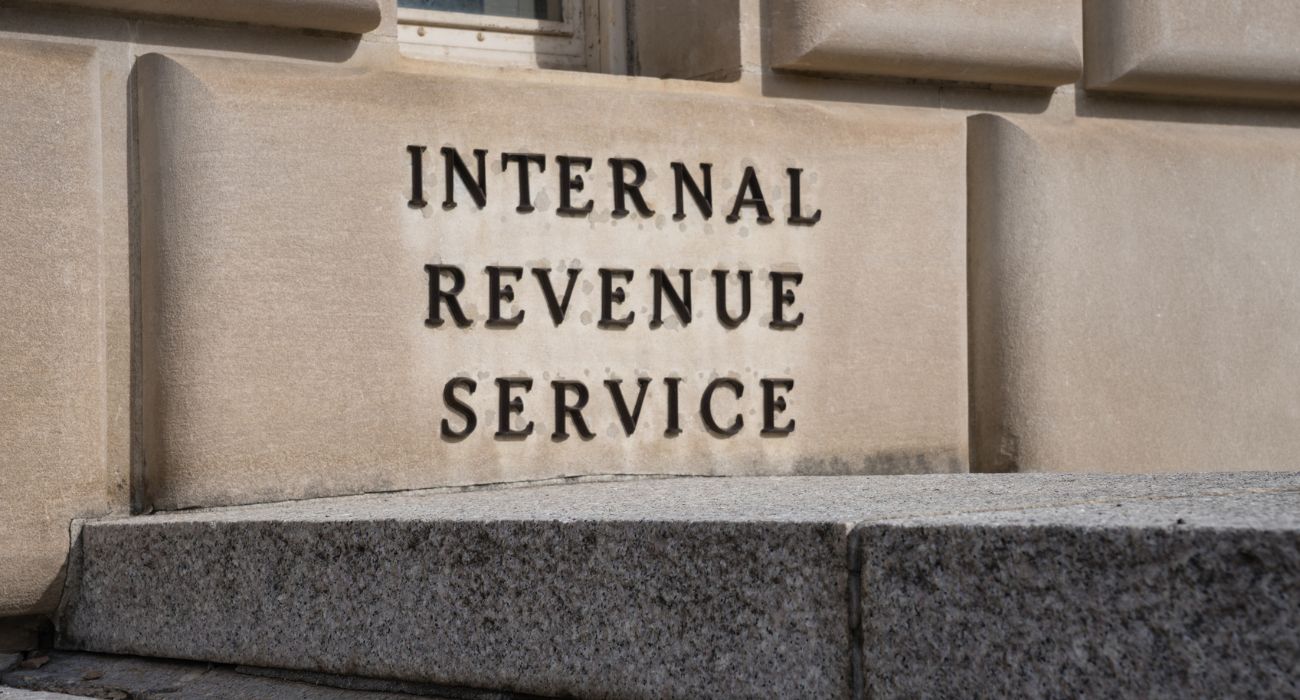The UN nuclear chief is warning that the situation at Ukraine’s largest nuclear power plant “is completely out of control” and is getting more dangerous each day.
Rafael Grossi, the head of the International Atomic Energy Agency (IAEA), told the Associated Press that “patchy” communication from the Zaporizhzhia facility in the southeastern city of Enerhodarand and his organization’s inability to visit the site was extremely concerning.
“Every principle of nuclear safety has been violated” at the plant, he said. “What is at stake is extremely serious and extremely grave and dangerous.”
Russian troops seized the plant in early March, soon after their February 24 invasion of Ukraine.
The IAEA is unsure whether the plant, which is still being run by Ukrainian staff, is receiving all the parts it needs to operate correctly because of supply chains affected by the war.
Grossi called on Ukraine and Russia to allow experts to reach the plant to assess the situation as soon as possible. He added that his organization urgently needs to check that Zaporizhzhia’s nuclear material is being safeguarded.
The power plant is experiencing a “catalog of things that should never be happening in any nuclear facility,” Grossi emphasized.
Grossi said there have been many violations of the plant’s safety, adding that it is “in a place where active war is ongoing.” He cited shelling at the beginning of the war when it was taken over and continuing information from Ukraine and Russia accusing each other of attacks at Zaporizhzhia.
There is “a paradoxical situation” because the plant is in Russian-controlled territory, but its Ukrainian staff continues to run its nuclear operations, inevitably resulting in moments of friction and alleged violence, Grossi said.
“When you put this together, you have a catalog of things that should never be happening in any nuclear facility,” Grossi said. “And this is why I have been insisting from day one that we have to be able to go there to perform this safety and security evaluation, to do the repairs and to assist as we already did in Chernobyl.”
Grossi believes his agency’s presence “will be a deterrent to any act of violence against this nuclear power plant.”
“So I’m pleading as an international civil servant, as the head of an international organization, I’m pleading to both sides to let this mission proceed,” Grossi said.
Russia’s capture of the power plant shortly after it invaded Ukraine renewed fears about a nuclear disaster similar to the 1986 accident at Chernobyl. Reports at the time indicated that the Russians damaged an administrative building while seizing the facility, though the reactors were not affected by the attack.
Grossi visited Chernobyl on April 27 and said that the level of safety was “like a ‘red light’ blinking.”
However, he said that the IAEA set up “an assistance mission” at Chernobyl at that time “that has [been] very, very successful so far.”
Grossi was in New York to deliver a keynote speech at Monday’s long-delayed high-level meeting to review the landmark 50-year-old Nuclear Nonproliferation Treaty aimed at preventing the spread of nuclear weapons and eventually achieving a nuclear-free world.

